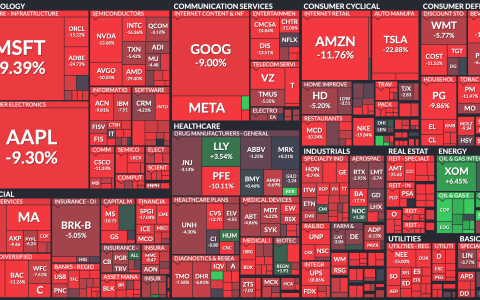
July 8, 2024
SEI recently released its latest Economic Outlook. Here is a summary of their key perspectives, focusing on global economic growth, monetary policy, inflation, geopolitics, elections across the globe, and equity markets.
- At the onset of 2024, SEI anticipated that business activity in the U.S. would decelerate over the course of the year; so far, the economy remains fairly resilient, but signs of stress among lower-income households and mixed messages from the employment surveys suggest that the economy is downshifting to a lower growth rate, in line with our full-year expectations at the beginning of 2024.
- Inflation remains a problem the U.S. Federal Reserve (Fed) cannot ignore. Although both the headline and core Personal Consumption Expenditures (PCE) Price indexes (measures of inflation) have advanced less than 3% in the past year, most other measures are still in the 3%-4% range. We continue to believe that inflation will remain in a “new-normal” range that is consistently higher than was recorded after the Global Financial Crisis of 2007 to 2009 and before the onset of the pandemic in 2020. • Higher-for-longer inflation should also mean higher-for longer interest rates. At the start of the year, markets were pricing in as many as six or seven cuts by the end of 2024 for the U.S. federal-funds rate, the Bank of England’s (BOE) Bank Rate, and the European Central Bank’s (ECB) deposit rate. We thought at the time that this expectation was overly optimistic. Sure enough, the consensus view of the number of policy-rate cuts between now and year-end have moved much closer to our own.
- We continue to believe that monetary policy is restrictive, but not as much as market participants generally think. Policy rates will probably fall only gradually. Zero and near-zero interest rates are unlikely to be seen again for a long, long time, even in a recession.
- Geopolitical stress remains at an elevated level, although the temperature is much lower than in 2022. Ongoing military conflicts in Russia and Gaza could result in another price surge in oil and other commodities, or worse, a geographical expansion of the conflicts. Moreover, the heavy election schedule around the globe has already thrown up some surprises. All eyes will soon turn to the U.S. presidential and Congressional elections in November. The stakes are very high given the contrasting platforms of the two major parties. Still, given the binary nature of the eventual outcome and the even split among the electorate, we hesitate to base any portfolio decisions purely on political considerations. Far better to stick to economic fundamentals.
- Despite these issues, U.S. markets are generally taking all this geopolitical noise in stride. The Cboe Volatility Index (VIX) is at its lowest level thus far this year, while the Geopolitical Risk Index (a measure of adverse geopolitical events and threats based on a tally of newspaper articles) has calmed as well.
- At the start of the year, SEI noted that investors were unusually optimistic, driven in part by the superb performance of the S&P 500 Index during 2023. The S&P 500 has continued its ascent in 2024, and our expectation for a greater than 10% price correction has gone unfulfilled. Still, the performance of the S&P 500 continues to be dominated by a handful of stocks which may be troubling. The 10 largest companies in the S&P 500 now account for 35% of the total market capitalization of the index. While extreme geopolitical events can shock markets and cause the VIX to spike, it is important to note that the stock market has often been quite volatile when geopolitical tensions are relatively low.
- In summary, SEI’s key macro expectations are: inflation is likely to be higher for longer; interest rates should settle closer to the levels that prevailed before the onset of the Global Financial Crisis; central-bank policies may diverge regarding the timing and extent of rate cuts; and equity and currency volatility is expected to rise from notably depressed readings.



